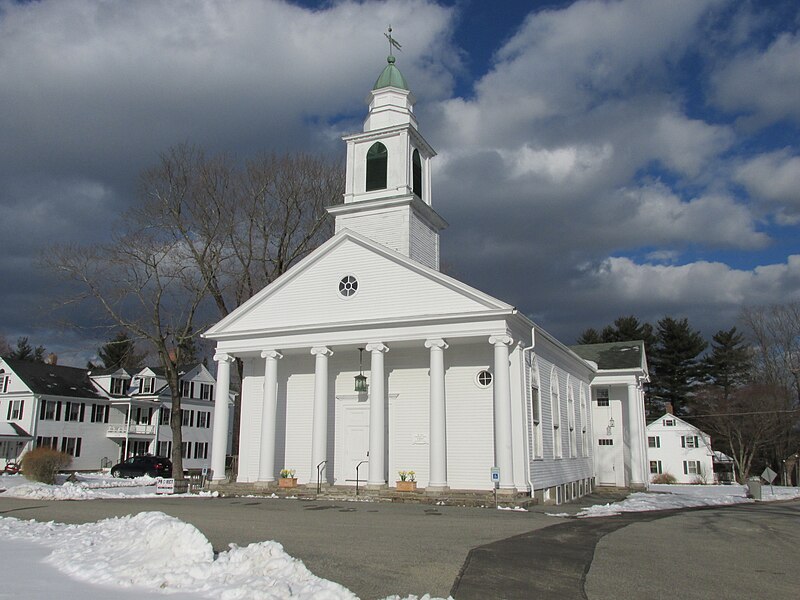Exploring the History of Abington, Connecticut

Abington, Connecticut, nestled in the scenic countryside of Windham County, has a rich history that stretches back to the colonial era. From its early days as a farming community to its later development as a thriving industrial center, Abington's story is a testament to the resilience and spirit of its residents.
Colonial Settlement and Agricultural Roots:
The history of Abington can be traced back to the 17th century when European settlers arrived in the region. The fertile soil and abundant natural resources of the area attracted settlers who established farms and homesteads, laying the foundation for the agricultural economy that would sustain the community for centuries.
The early settlers cleared the land, built homes and barns, and cultivated crops such as corn, wheat, and tobacco. Agriculture became the primary occupation of Abington's residents, shaping the landscape and character of the community for generations to come.
Industrial Revolution and Economic Growth:
In the 19th century, Abington experienced significant growth and development with the onset of the Industrial Revolution. The abundant waterways and streams in the area provided power for mills and factories, leading to the establishment of textile mills, sawmills, and other industrial enterprises.
The textile industry flourished in Abington, attracting workers from across the region to seek employment in the mills. The influx of workers and the growth of industry fueled economic prosperity and population growth in the community.
Cultural and Educational Institutions:
As Abington grew, cultural and educational institutions emerged to serve the needs of its residents. Churches, schools, and civic organizations played a central role in the life of the community, providing opportunities for social, spiritual, and intellectual enrichment.
Abington's educational institutions, including schools and academies, provided residents with access to quality education and opportunities for personal and professional advancement. The town's commitment to education and lifelong learning continues to be a hallmark of its identity.
Decline of Industry and Transition:
Like many communities in New England, Abington experienced a decline in industry in the late 19th and early 20th centuries. Changes in technology, transportation, and economic conditions led to the closure of mills and factories, resulting in job losses and economic hardship for many residents.
Despite the decline of industry, Abington remained resilient, adapting to changing circumstances and embracing new opportunities for growth and development. Agriculture continued to be an important part of the local economy, and new industries emerged to replace those that had declined.
Modern Era and Community Revitalization:
In recent decades, Abington has undergone a process of revitalization and renewal, with residents and local leaders working together to preserve the town's historic character and promote economic development. Efforts to promote tourism, support small businesses, and preserve historic landmarks have helped to attract visitors and investment to the community.
Today, Abington is a thriving community with a rich cultural heritage and a bright future ahead. Its scenic countryside, historic architecture, and vibrant community life make it a desirable place to live, work, and visit. As Abington continues to evolve and grow, it remains rooted in its past while embracing the opportunities of the present and future.
- Hits: 27